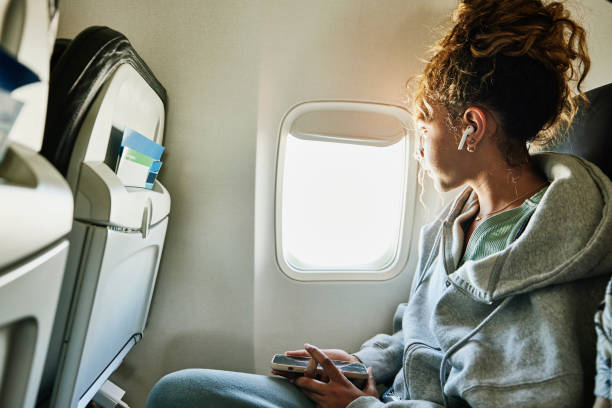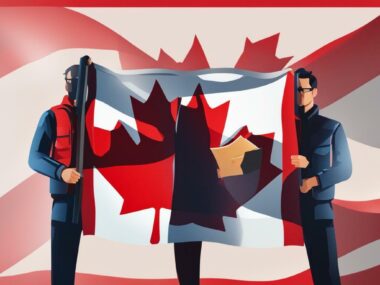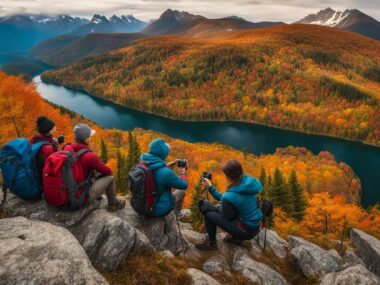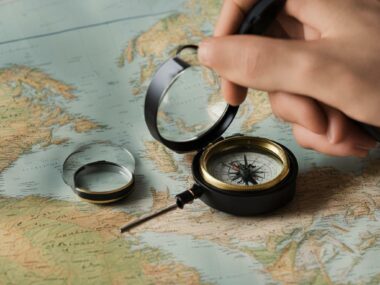Can Americans travel to North Korea? The isolated and enigmatic nation of North Korea has long captured the curiosity of travelers worldwide, and Americans are no exception.
However, traveling to North Korea as a U.S. citizen is a subject of much scrutiny and debate due to complex diplomatic relations and heightened tensions between the two countries.
With its strict and often mysterious policies, North Korea remains one of the most secretive and restricted countries in the world.
As a result, the question of whether Americans can travel to North Korea is met with significant challenges and considerations.
In this article, we will delve into the current status of travel restrictions for U.S. citizens and the risks involved.
Whether you’re an intrepid adventurer drawn to the unknown or simply curious about the possibility of visiting North Korea, it’s essential to be well-informed and aware of the intricacies and complexities surrounding travel to this unique destination.
Let’s explore the possibilities and realities of Americans traveling to North Korea.
Also Read:
Can I Travel to Canada with an Expired Passport?
Can Americans Travel to Cuba? (Find Out Now)
Can Americans Travel to North Korea?
American citizens are generally not allowed to travel to North Korea.
The U.S. State Department strongly advises against travel to North Korea due to the serious risk of arrest and long-term detention of U.S. citizens in the country.
The U.S. government has imposed a travel ban, prohibiting the use of U.S. passports for travel to, through, or within North Korea without a special validation.
The only exceptions to this ban were rare instances when the U.S. government issued special validation for certain official or humanitarian purposes.
However, such exceptions were extremely limited and required prior approval from the U.S. State Department.
Travel to North Korea remains highly restricted and subject to change based on the geopolitical situation and relations between the United States and North Korea.
It is essential to check with the U.S. State Department or relevant authorities for the most up-to-date information on travel restrictions before considering any travel to North Korea.
Potential Risks and Safety Concerns for Americans Travelling to North Korea
Traveling to North Korea presents a multitude of potential risks and safety concerns, especially for American citizens.
The secretive nature of the North Korean regime, strained international relations, and strict control over visitors make it an extremely challenging destination to navigate.
Here are some of the key risks and safety concerns:
1. Detention and Arrest
The most significant risk for American travelers is the possibility of arbitrary detention and arrest by North Korean authorities.
The North Korean government has a history of detaining foreign nationals, including Americans, for seemingly minor infractions or perceived offenses against the regime.
Detained individuals may face harsh interrogations, forced confessions, and lengthy prison sentences or labor camps.
2. Lack of Consular Assistance
North Korea does not have diplomatic relations with the United States.
In the event of an emergency, American citizens may have little to no access to consular assistance, making it challenging for them or their families to obtain help or information from U.S. authorities.
3. Limited Freedom of Movement
Travelers are subject to strict monitoring and surveillance during their stay in North Korea.
Tourists are usually accompanied by government-assigned guides at all times, limiting their freedom of movement and interactions with locals.
Unauthorized interactions or attempts to access restricted areas may lead to severe consequences.
4. Unknown Local Laws
North Korean laws and regulations are highly specific and often not disclosed to foreign visitors.
Innocent actions that are not perceived as a threat in other countries could be considered illegal or offensive in North Korea, leading to serious repercussions.
5. Tensions and Geopolitical Risks
The Korean Peninsula has a history of geopolitical tensions, including missile tests, military exercises, and political standoffs.
These events can escalate rapidly, potentially putting travelers at risk if they are caught in the vicinity of such incidents.
6. Limited Medical Facilities
North Korea has limited medical infrastructure and access to medical care may be inadequate, especially in rural areas.
In the event of a medical emergency, receiving proper medical attention may be challenging or impossible.
7. Propaganda and Perception Management
Tourists in North Korea are often exposed to intense propaganda and are carefully managed in what they see and experience.
It is essential to be cautious and critical when consuming information during your visit.
8. Electronic Surveillance
There is a high likelihood of electronic surveillance in hotels and public places.
Travelers should be cautious about their communications and not discuss sensitive topics, as doing so could lead to trouble.
9. Uncertain Safety Standards
The safety standards in North Korea may not meet international norms, and facilities such as hotels and transportation may not be up to par with Western standards, potentially posing safety risks.
10. Risk of Accidental Disrespect
North Korea has strict rules and protocols, and unintentional actions perceived as disrespectful toward the regime or its leaders could result in severe consequences.
Due to these substantial risks and safety concerns, the U.S. State Department strongly advises against travel to North Korea for American citizens.
If individuals choose to visit despite the warnings, they should carefully review and understand the risks involved and take every possible precaution to ensure their safety.
Additionally, it is crucial to stay informed about the current political and security situation before and during the trip.
Also Read:
How to Travel to Canada from America
Can Americans Travel to Russia? (Full Guide)
Conclusion
American citizens are generally not allowed to travel to North Korea due to a travel ban and significant safety risks.
The U.S. State Department strongly advises against travel to the country, citing the potential for arbitrary detention, lack of consular assistance, and limited freedom of movement.
The North Korean regime’s secretive nature and strained international relations make it a highly challenging and risky destination for Americans.
Those considering travel should prioritize safety and adhere to official advisories while staying informed about any changes in travel restrictions and geopolitical developments.






